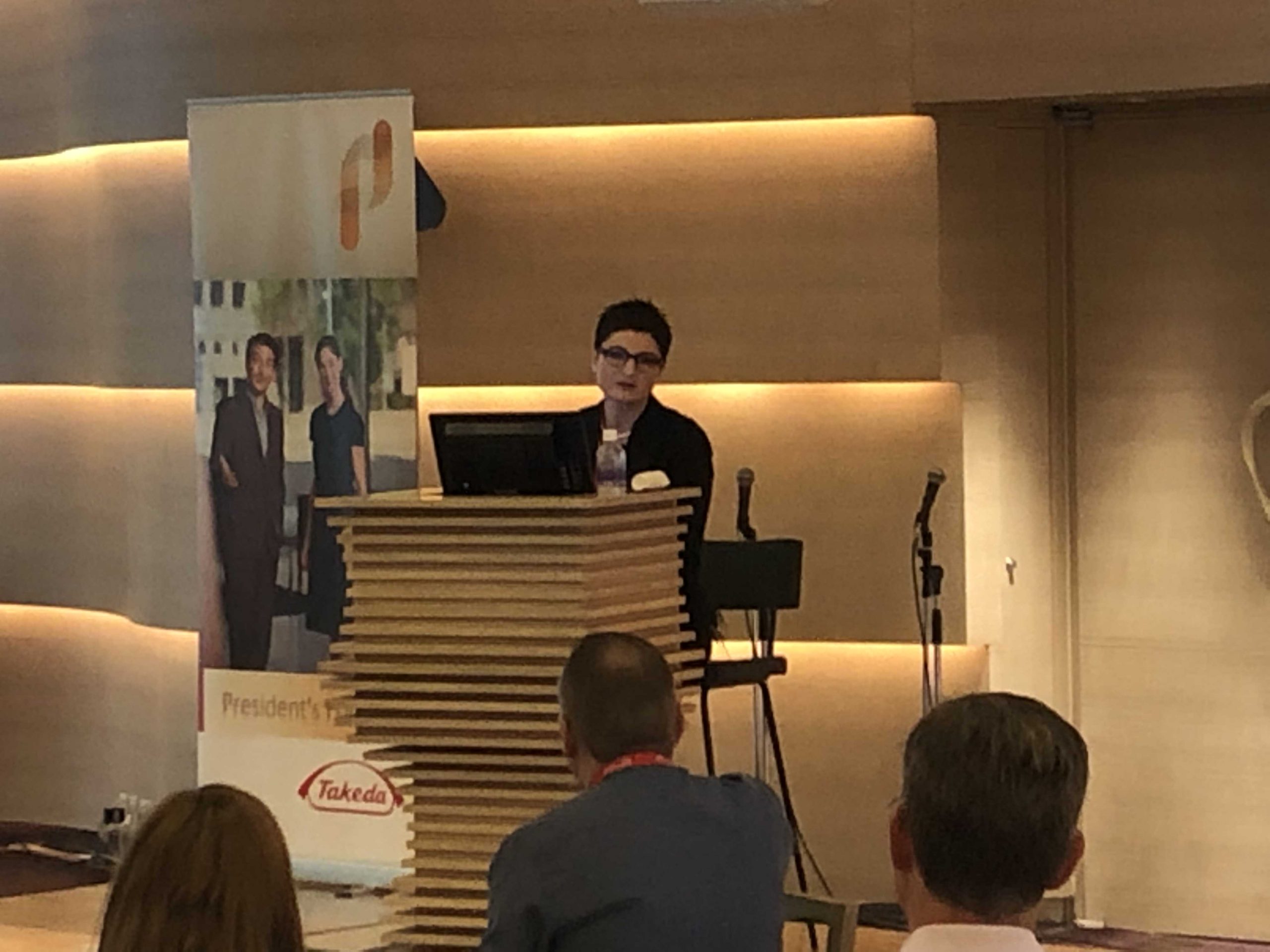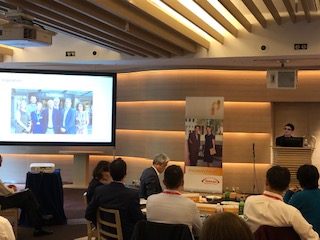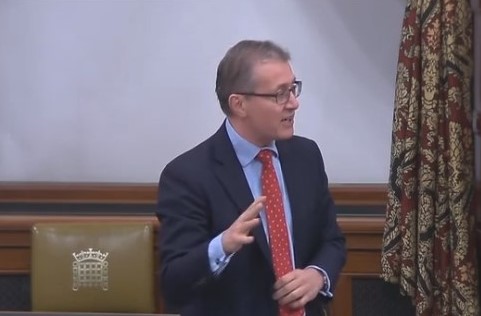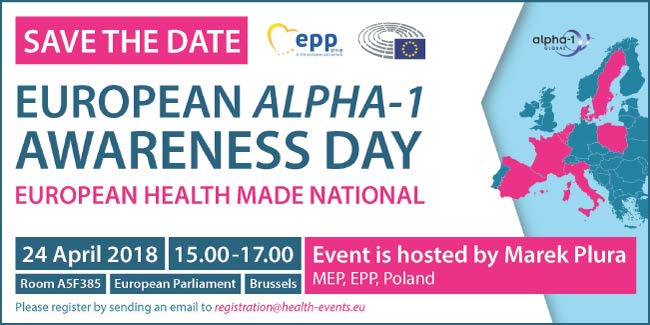Dear Alpha-1 patients in the UK,
WE NEED YOUR SUPPORT! URGENTLY!
We are delighted to inform you that, further to Mark Pawsey MP’s attendance at our recent patient meeting in Coventry, Mark has secured a Parliamentary debate on “Treatment of alpha-1 antitrypsin deficiency”, to be held next Wednesday from 16.00 – 16.30 at Westminster Hall in the Houses of Parliament (https://calendar.parliament.uk/calendar/Commons/All/2018/10/31/Daily). Matt Western MP who was also at our recent meeting will also be in attendance at the debate.
This is fantastic news, as this event will have cross-party support. We have worked closely with Mark Paswey to prepare the debate.
The key aim of the debate is to get as many MPs as possible to attend, to further raise awareness of Alpha-1 and to highlight the challenges the Alpha-1 patient community faces.
Unfortunately we were only informed about this on Friday and haven’t got much time to prepare. This is where we need your help. How can you do this?
1. Find out who your local MP is (if you don’t know just google your constituency and Member of Parliament)
2. Personalise the letter below and email it to your MP as soon as possible!!
3. On Tuesday, call your MP’s office to ensure that they received your email and to reiterate that you would like to encourage your MP to attend the debate.
4. If you receive a response from your MP ahead of the debate on Wednesday, please email us at info@alpha1.org.uk to inform us whether your MP is planning to attend, so that we can plan accordingly.
You can watch the debate on Parliament TV (https://www.parliamentlive.tv/Commons), which will be live streamed.
Thank you for your support.
The Alpha-1 UK Support Group
Dear [MPs Name],
Westminster Hall Debate on Treatment for Alpha-1 Antitrypsin Deficiency
16:00 – 16:30, Wednesday 31st October, 2018
I am one of your constituents and am writing to kindly ask you to attend a Westminster Hall debate on Treatment for Alpha-1 Antitrypsin Deficiency, moved by Mark Pawsey MP, to be held on Wednesday, 31st October 2018, at 4pm.
I live in [town/village/borough] and I suffer from Alpha-1 Antitrypsin Deficiency (Alpha-1), a rare and complex genetic disorder that can cause lung and liver disease in adults and children, and occasionally affects other organs and may require organ transplantation. Severely affected individuals experience significantly reduced life expectancy, severe disability, and great limitations on multiple other aspects of their lives. Currently, no specific treatment for Alpha-1 is available in the UK.
Due to its rarity, Alpha-1 is often misdiagnosed, with an average delay of 6-7 years before patients receive the correct diagnosis, frequently resulting in sub-optimal care of Alpha-1 patients for many years. A nationally highly specialised NHS service for Alpha-1, to improve patients’ access to co-ordinated multi-disciplinary clinical expertise, was approved by the Department of Health’s Prescribed Specialised Services Advisory Group in March 2016, to be operational in April 2018. However, the development of this service has still not commenced.
Only one specific treatment for Alpha-1 exists: intravenous alpha-1 augmentation therapy. This treatment has been available to patients in many countries, including the US, Germany, Spain, Italy, Portugal, Austria and others for many years. The only augmentation therapy product with a license in the UK (which was granted in August 2015) is currently undergoing evaluation by the National Institute for Health and Care Excellence under the Highly Specialised Technology (NICE-HST) appraisal process. On 26th September 2018, NICE published its draft guidance not to recommend this treatment for use in the NHS. The evaluation is currently out for consultation, but we are very sceptical whether the treatment will be recommended for reimbursement by the NHS.
I very much hope that you will recognise the life-changing impact that this disease has on patients like myself, and attend the Westminster Hall debate on Wednesday to learn more about the challenges of Alpha-1 patients and what you can do to support patient experience.
Yours sincerely,
[Your name]






